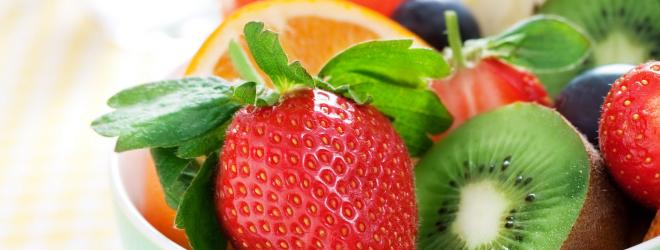The Environmental Working Group (EWG) released their 2017 “Dirty Dozen” list yesterday, citing strawberries and spinach as having the most pesticide residues. The EWG, once again, misleads consumers about pesticide residues and produce.
EWG’s list has been repeatedly discredited by scientists and now peer reviewed studies show that EWG’s message potentially discourages consumption of healthy and safe organic and conventional fruits and vegetables. Despite the fact that studies are revealing a negative impact on consumers and consumption rates for fruit and vegetable remain low, the EWG continues to release its “dirty dozen” list.
“In light of new science and information about how safety fears are impacting low income consumers, it is concerning that EWG still releases a ‘dirty dozen’ list in 2017. If EWG truly cares about public health, it will stop referring to popular produce items that kids love as ‘dirty’ and move toward positive, science based information that reassures consumers and promotes consumption,” said Teresa Thorne, Executive Director of the Alliance for Food and Farming (AFF), in a press release.
As part of an ongoing commitment to disseminate correct facts about fresh produce safety, the AFF encourages consumers to visit safefruitsandveggies.com to obtain science-based information about the safety of organic and conventional produce. Additionally, the AFF previously developed a Pesticide Residue Calculator to provide accurate information about the amount of produce a consumer would need to eat before residue could be a potential issue.
For more information, contact Matt McInerney at (949) 885-2270.




